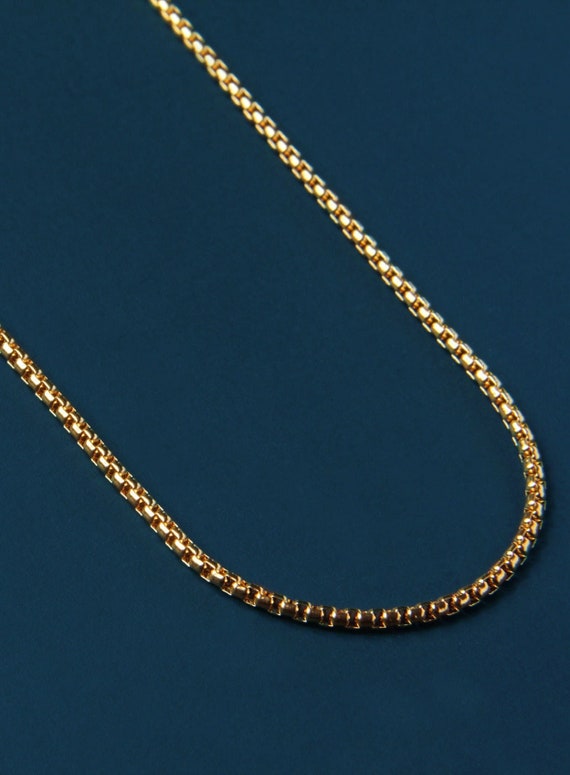Comprehending the Economic Implications of Charges and Charges in Precious Metal Acquisition and Pawning Deals
Au has been a prized resource for ages, serving as a form of monetary exchange, investment, and ornamentation. When acquiring or pawing gold, it is crucial to comprehend the financial consequences of various fees and costs that can influence the overall cost and worth of the transaction. These fees can significantly affect how much cash one receives when pawning gold or how much is paid when buying it. Being aware of these charges can aid buyers make informed decisions and prevent unexpected costs.
When purchasing gold, customers should be aware of several types of fees. One common fee is the premium, which is the discrepancy between the wholesale price and the consumer price. Sellers often add a premium to account for business costs and earning margins. Additionally, there may be transaction tax applied during the purchase, based on local regulations. Buyers should also take into account other possible charges, such as delivery fees if the gold is being shipped. Understanding these costs in advance can prevent unexpected fees and help purchasers budget accordingly.

Pledging gold also comes with its own range of fees and charges. Pawn establishments typically charge interest on loans backed by gold items. The loan rate can vary greatly among different pawn shops, so it is important to compare rates to locate the best deal. There may also be holding fees if the pledged gold is kept for an prolonged period. Furthermore, pawn shops may charge fees for valuations or processing the loan, which can increase to the overall cost. Knowing these fees can help people make better monetary decisions when pawning their gold.
Another important factor to consider is the mass and purity of the gold being bought or pawned. The worth of gold is determined by its present market price, which fluctuates based on financial conditions, demand, and availability. Additionally, gold items are go often evaluated in karats, which indicates the purity of the metal. Greater purity gold typically fetches a greater price. Understanding how these factors influence the financial outcome of gold deals is crucial for buyers, as they can affect the fees charged and the ultimate amount received or spent.
In conclusion, being knowledgeable about the fees and charges associated with purchasing and pawing gold can lead this page to smarter financial choices. Whether purchasing gold for financial growth or pawning items for rapid cash, individuals should take the time to investigate and understand the different costs associated. This knowledge can help buyers navigate the complexities of gold transactions and ensure they optimize their monetary returns while reducing unnecessary outlays.